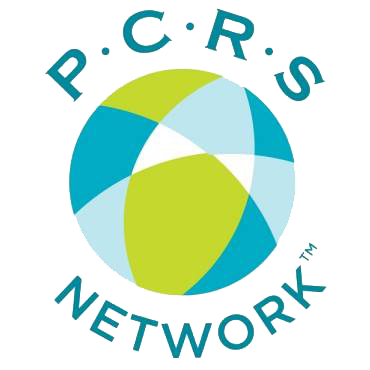We often hear that the cost to support a not-for-cause audit is “a site’s cost of doing business,”(overhead) and, therefore , a Sponsor will not reimburse for such costs. That would imply that not-for cause audits occur simply because a site is in the business of conducting clinical trials, not because of the site’s conduct of a specific clinical trial.
“Not-for-cause” vs. “for cause” audit
Before addressing who should bear the cost, it is important to distinguish between a “not-for-cause” audit and a “for cause” audit.
A for cause audit occurs when a regulatory body suspects that something is awry with a site, whether generally or because of a specific event. A for cause audit occurs when some form of wrongdoing is suspected. A for cause audit is clearly out of the control of the Sponsor, so a site selected for a for cause audit should expect to pay the full cost of preparation and support of the audit.
Contrast that with a not-for-cause audit, which generally is triggered because a) a site is a high enroller in a specific study or b) it is selected at random based on statistical criteria established by the regulatory body. Regardless of why or how a site is selected for a not-for-cause audit, not every site will be audited that conducts a particular study. As subtle as that difference may be, it establishes whether the cost should be included in overhead or whether it is specific to the conduct of a particular study, and should be supported by the Sponsor.
What constitutes Overhead?
Investopedia.com[i] defines overhead as “ . . . all ongoing business expenses not including or related to direct labor, direct materials or third-party expenses that are billed directly to customers. Overhead must be paid for on an ongoing basis, regardless of whether a company is doing a high or low volume of business.” Note the phrase “regardless of whether a company is doing a high or low volume of business.”
Since conducting a particular study relates to the volume of a site’s activities and is not fixed, the cost associated with a not-for-cause audit is a variable cost associated with the specific study for which the site is audited. Even if every site that conducts the same study will be audited, because of the random nature of the cost and its variability, this cost should not be included in overhead.
Conclusion
Since only a subset of sites that conduct a specific study will incur the cost of a not-for-cause audit, sites that are audited should be directly compensated for the additional cost.
Copyright © 2014, PCRS Network. ALL RIGHTS RESERVED WORLDWIDE.
[i] http://www.investopedia.com/terms/o/overhead.asp
